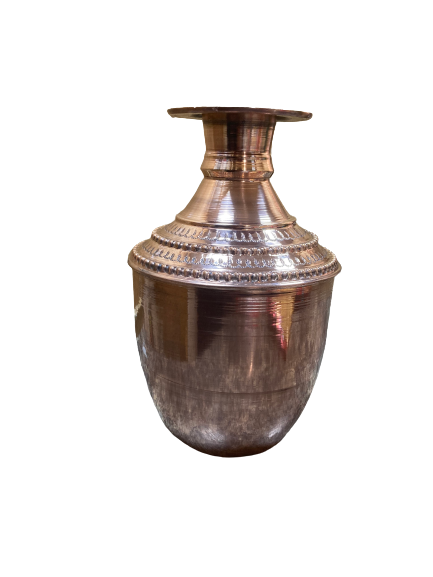Introduction
In Ayurveda, Deepana and Amapachana are essential processes for maintaining a balanced digestive system, ensuring proper absorption of nutrients, and eliminating toxins (Ama) from the body. Deepana refers to enhancing digestive fire (Jatharagni), while Amapachana is the process of digesting and eliminating undigested metabolic toxins (Ama), which accumulate due to poor digestion.
These Ayurvedic principles play a vital role in promoting health, preventing diseases, and maintaining longevity by regulating diet, lifestyle, and medicinal interventions.
- What is Deepana?
Deepana refers to stimulating and strengthening the digestive fire (Agni). When Agni is weak, food is not digested properly, leading to Ama formation and various diseases. Deepana helps in activating Agni, ensuring efficient digestion and metabolism.
Types of Deepana
According to Ayurveda, Deepana is classified into four types:
Brimhana Deepana – Enhances digestion and nourishment (e.g., milk, ghee, sweet foods).
Langhana Deepana – Improves digestion through fasting or light foods (e.g., gruel, soups, easily digestible fruits).
Shodhana Deepana – Detoxifies the system to awaken digestive fire (e.g., purgation, emesis, enema therapies).
Herbal Deepana – Uses Ayurvedic herbs to strengthen Agni (e.g., Trikatu Churna, Hingwashtak Churna, Panchakola Churna).
Benefits of Deepana
Enhances digestive power and prevents indigestion.
Reduces bloating, acidity, and gastric discomfort.
Increases strength and immunity.
Improves mental clarity and vitality.
Supports proper assimilation of nutrients and tissue nourishment.
Natural Sources of Deepana
Spices & Herbs – Ginger, ajwain (carom seeds), turmeric, cumin, asafoetida, cinnamon, black pepper, long pepper.
Beverages – Warm water with lemon, fennel tea, bael leaf juice, Triphala decoction.
Lifestyle Practices – Yoga, Pranayama, Surya Namaskar, and regular exercise


